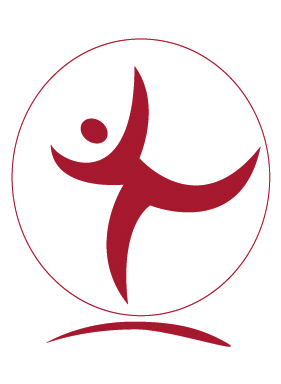Select an item by clicking its checkbox

TTRPG and Pedagogy
Proposal abstract :
The purpose of this grant is to explore the role of experimental role play in approaching questions of worldbuilding pedagogically. This project seeks to do this by incorporating Dungeons and Dragons into the classroom as a way of allowing both the students and professor the experience of working through the central question of the course: "How does our belief influence the worlds we create?" By inviting a Game Master to help lead our play time (and to offer Game Master training to the professor), we can create high-level play experiences to get at our question in a new and different way.
Learning Abstract :
The purpose of this grant is to provide resources to explore how a class centered around a Table Top Role Playing Game (TTRPG) could provide a different learning experience for students and open up new pedagogical tools for the professor. This course, Worldbuilding and Theology, was discussed and developed during the Creative Pedagogy workshop and retreat hosted by Wabash in the Fall of 2024. In this course, students will explore how our theological, ethical, and ideological foundations shape the worlds we create. Through Tabletop Role Playing Games (TTRPGs), students will work out deep-seated questions, beliefs, and journeys in the community via play. The one-week intensive format consists of playing a one-week campaign of Dungeons and Dragons, with moments for theological engagement (including a short lecture and discussion) following each day of play. The purpose of this course is to explore how speculation, edification, and playful integration of our theologies help us to understand their implications. How does taking on another's story and engaging play in the community teach us how to collaborate? When we pay attention to the belief systems that make up the worlds we create, what do they teach us about our theology? By engaging these questions in a created world, we can better discuss the practices and ideas that help us understand these questions in our everyday lives.
The goal of this project is simple: to play. The course objectives reflect this and
The purpose of this grant is to explore the role of experimental role play in approaching questions of worldbuilding pedagogically. This project seeks to do this by incorporating Dungeons and Dragons into the classroom as a way of allowing both the students and professor the experience of working through the central question of the course: "How does our belief influence the worlds we create?" By inviting a Game Master to help lead our play time (and to offer Game Master training to the professor), we can create high-level play experiences to get at our question in a new and different way.
Learning Abstract :
The purpose of this grant is to provide resources to explore how a class centered around a Table Top Role Playing Game (TTRPG) could provide a different learning experience for students and open up new pedagogical tools for the professor. This course, Worldbuilding and Theology, was discussed and developed during the Creative Pedagogy workshop and retreat hosted by Wabash in the Fall of 2024. In this course, students will explore how our theological, ethical, and ideological foundations shape the worlds we create. Through Tabletop Role Playing Games (TTRPGs), students will work out deep-seated questions, beliefs, and journeys in the community via play. The one-week intensive format consists of playing a one-week campaign of Dungeons and Dragons, with moments for theological engagement (including a short lecture and discussion) following each day of play. The purpose of this course is to explore how speculation, edification, and playful integration of our theologies help us to understand their implications. How does taking on another's story and engaging play in the community teach us how to collaborate? When we pay attention to the belief systems that make up the worlds we create, what do they teach us about our theology? By engaging these questions in a created world, we can better discuss the practices and ideas that help us understand these questions in our everyday lives.
The goal of this project is simple: to play. The course objectives reflect this and